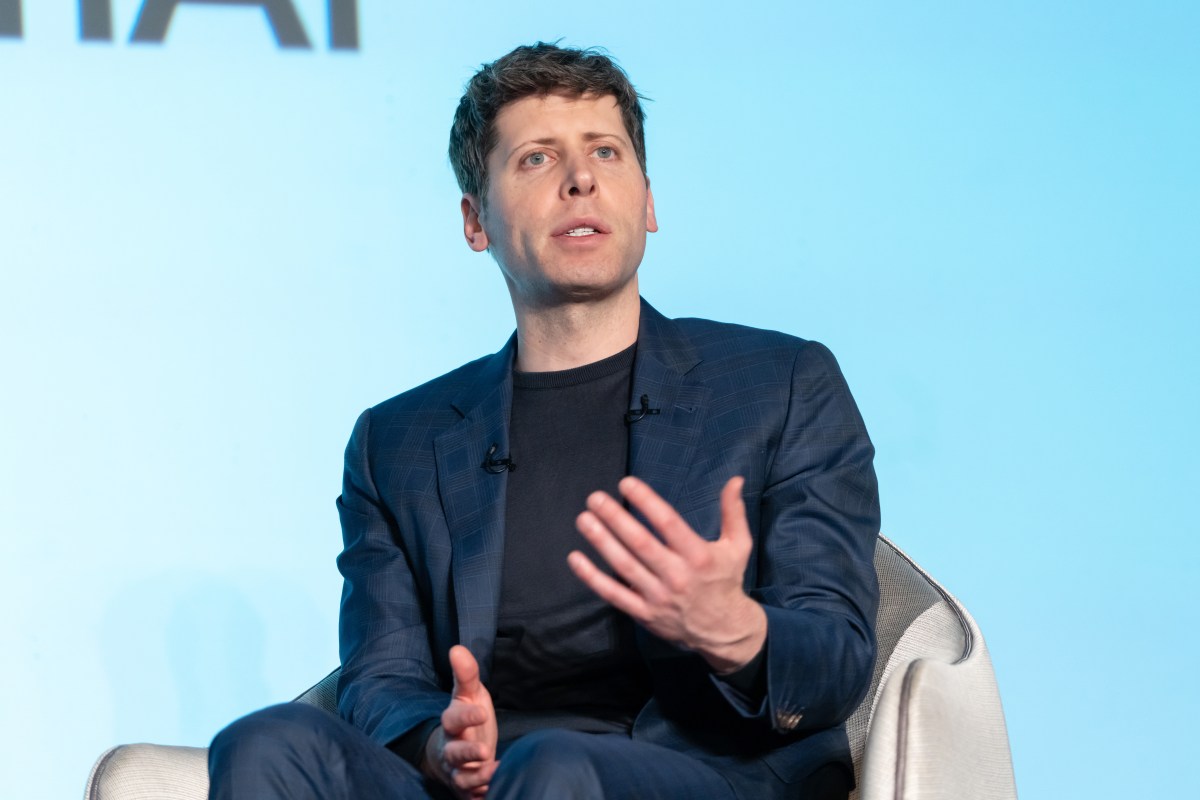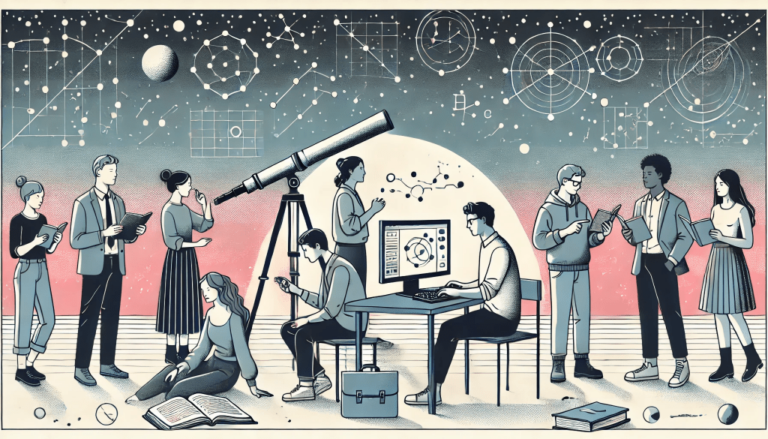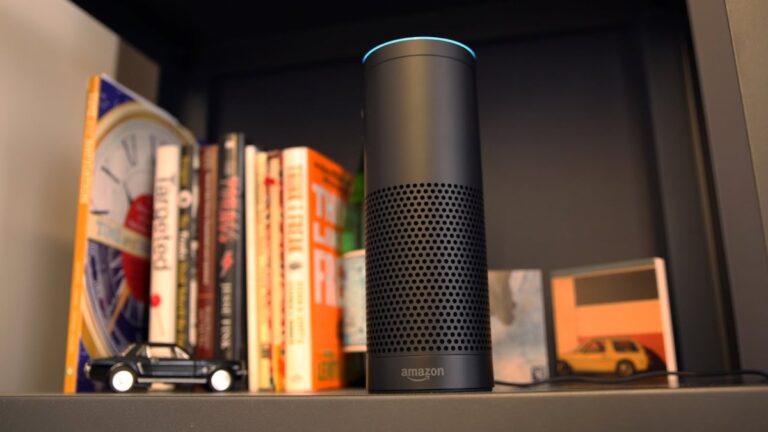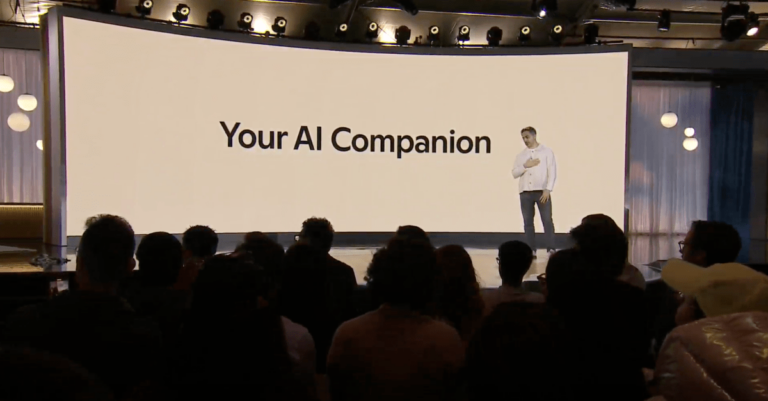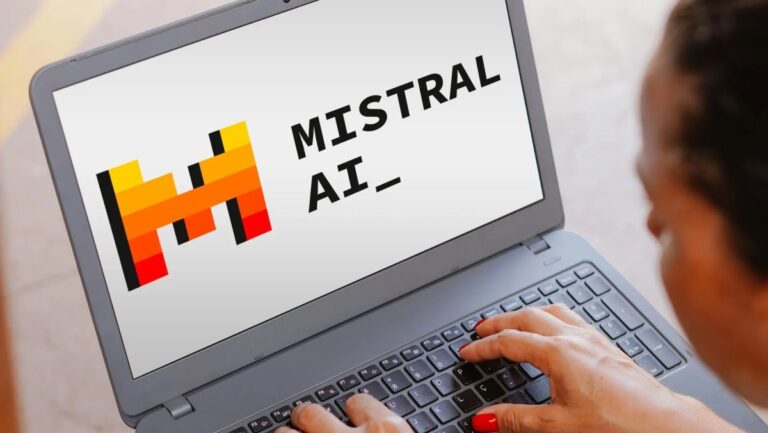OpenAI Launches GPT-4.1: What You Need to Know About the Latest Release Without a Safety Report
On Monday, OpenAI introduced its latest AI innovation, the GPT-4.1 model. This new model is reported to outperform several of its predecessors in specific evaluations, particularly in programming benchmarks. However, it is noteworthy that GPT-4.1 was launched without the customary safety report, often referred to as a system card, that accompanies new model releases.
OpenAI’s Stance on GPT-4.1 Safety Reporting
As of Tuesday morning, OpenAI has not issued a safety report for GPT-4.1, and it appears that the company does not intend to do so. In a statement to TechCrunch, OpenAI spokesperson Shaokyi Amdo clarified that “GPT-4.1 is not a frontier model, so there won’t be a separate system card released for it.”
The Importance of Safety Reports in AI Development
Safety reports are a common practice among AI labs, providing insights into the testing procedures conducted internally and with third-party entities to assess model safety. These reports can sometimes highlight concerning behaviors of models, such as:
- Deceptive tendencies towards users
- Unintended persuasive capabilities
Overall, the AI community views these reports as essential for fostering independent research and conducting thorough evaluations.
Concerns Over Declining Reporting Standards
In recent months, there has been growing concern about the diminishing standards of safety reporting among leading AI labs. Companies like Google have faced criticism for delaying the release of safety reports, while others have published reports lacking the usual comprehensive details. OpenAI’s practices have also come under scrutiny:
- In December, a safety report was issued that contained benchmark results for a different model than the one deployed.
- Last month, OpenAI launched a model weeks before releasing its corresponding system card.
Calls for Transparency from Industry Experts
Steven Adler, a former safety researcher at OpenAI, emphasized to TechCrunch that safety reports are voluntary, not legally mandated. Despite this, OpenAI has pledged to enhance transparency regarding its models. Ahead of significant AI safety summits, the company has referred to system cards as crucial for accountability and risk assessment.
“System cards are the AI industry’s main tool for transparency and for describing what safety testing was done,” Adler stated. “The norms around transparency are voluntary, so it is up to each AI company to decide whether or when to release a system card for a given model.”
Safety Concerns Amidst Competitive Pressures
The release of GPT-4.1 without a system card has raised alarms, especially as current and former employees express concerns over OpenAI’s safety protocols. Recently, Adler and a group of ex-employees submitted an amicus brief in a case against OpenAI, arguing that the company might prioritize profit over safety. Reports from the Financial Times indicate that OpenAI has reduced the time and resources allocated to safety testing due to competitive pressures.
The Need for Comprehensive Safety Evaluations
While GPT-4.1 may not be the top-performing model in OpenAI’s lineup, its advancements in efficiency and latency underscore the necessity for a thorough safety report. According to Thomas Woodside, co-founder and policy analyst at the Secure AI Project, the sophistication of AI models correlates with potential risks, making safety evaluations even more critical.
Furthermore, many AI organizations have resisted efforts to formalize safety reporting requirements. OpenAI, for instance, opposed California’s SB 1047, which aimed to mandate safety audits and evaluations for publicly released AI models.
For more information on AI safety practices, you can visit OpenAI’s research page.

